Over the last year I’ve been neck-deep in the issues around AI Art and AI text generators and how this tech affects my professional creative worlds of Book Publishing and Art Direction. Looking back, about half my posts this year have been related in some way to generative AI. And the fight around these platforms is ongoing — Karla Ortiz just made it all the way to testifying in front of the US Congress on these issues (you can read her full statement here and watch a bit from CSPAN here) — but this month I’m actually going to focus on something that’s been bothering me even more than the legal and ethical issues surrounding these platforms.
Something that surprised me and seems to keep popping up more and more frequently is the hostility that non-creatives are bringing to these debates. The AI issue seems to have unearthed a very deep resentment of non-artists towards artists.
I ran across a quote by poet Mary Oliver, who wrote extensively on the creative life:
“The most regretful people on earth are those who felt the call to creative work, who felt their own creative power restive and uprising, and gave to it neither power nor time.”
Recently I’ve also been reading Erich Fromm, a psychoanalyst who published in the 1940s-50s. His most famous work is The Art of Loving, and I found so relevant and interesting to today’s age that I went down a rabbit hole reading some of his other books. I’m in the middle of his book The Anatomy of Human Destructiveness, and the basic tenet of that work is that:
“Destructiveness is the outcome of an unlived life.”
By which he means that not following your heart, not following your dreams, turns people bitter, and drives them to make everyone else also miserable — and furthermore they will focus specifically on the people that lived out the life that they couldn’t attain.
And look, who among is has never been guilty of a little schadenfreude, right? But that’s not what I’m talking about. I’m talking about people who once wished they could be creative but never took the risk or put in the time going out of their way to revel in seeing any hint that the artist life is not worth it, or a failure in some way. If they can see enough artists fail, they can convince themselves that not making art was the right choice — even while that lack of creativity gnaws a hole in them. This is actually the power behind the persistent myth of the starving or suffering/tragic artist. Van Gogh, Caravaggio, Baudelaire…a big part of the appeal to of these tragic figures to non-artists, and why their life stories are repeated over and over, is because many people don’t like to see an artist have a nice sane existence and career and make solid work and survive. Of course the more dramatic stories get retold more often, but there’s more to it than that. People want to believe that creativity has a curse attached to it.
Folks that fall into this category really do want to see artists fail so that they feel better about themselves. And I’m seeing it more and more frequently, and it is absolutely powering the AI Art debates. This kind of person wants to believe that making art is nothing special. That it doesn’t take hard work to master. That prompting an AI generator is as valid a form of art as picking up a pencil and drawing.
Some of you will read this and say, duh, I have experienced this first hand. It’s very common for artists and authors to lose friends when they make the jump to “going pro” and finding success. I work with so many authors, and it’s a given that when you publish your first book you lose a good number of friends. And it’s almost always the friends who also wanted to become an author. It’s because those friends were fine encouraging you when you were all amateurs together…but if you put the work in and level up, then it can be a harsh wake-up call to the folks in your life who haven’t put the same work and time into their own dreams. And many of hem would rather project that self-hatred onto someone else. I know many professional artists have experienced this as well. If you haven’t experienced this, then I think it is still important to think about. It’s been disheartening to see how many non-artists have leaped to defend the AI platforms, and I struggled to understand why. Put aside the businesses who want to save money — I’m talking about individuals who have nothing to gain financially from these platforms. It’s also something important to keep in mind when people try to convince us of that pesky myth that an artist must starve, must suffer, must be partially insane to make good art. That that’s the price we pay for creativity. It’s not true. Yes, there can be a correlation between mental illness and creativity (I’ve written on that before) but it’s not a causation. There’s deeper meaning there and it’s important for us as artists to see that clearly, not fall into the self-defeating traps society can often set for us.
The real tragedy here is that art and creativity is available to everyone. You don’t have to be a master to get enjoyment out of drawing. You don’t have to be a full time author to enjoy writing. Many folks who are not paying their bills from art find ways to fit creativity in their lives simply because they enjoy it and it makes them feel good. Art Therapy exists as a form of treatment because creativity is healing and good for our mental health as human beings. I’m writing this because it’s been something I’ve struggled to understand, and seeing it more clearly has helped me wrap my mind around the uphill battle we as artists face in society…and it’s also helped me realize a lot of the myths we are fed as artists aren’t automatically our destiny.
I’ll leave you with one more quote by Erich Fromm:
“Creativity requires the courage to let go of certainties.”
And that especially means letting go of the certainties other people—especially people who have never welcomed creativity into their life— try to convince us of.
(Note: If you want a primer on Jealousy vs. Envy — they’re not interchangeable — check out this article)


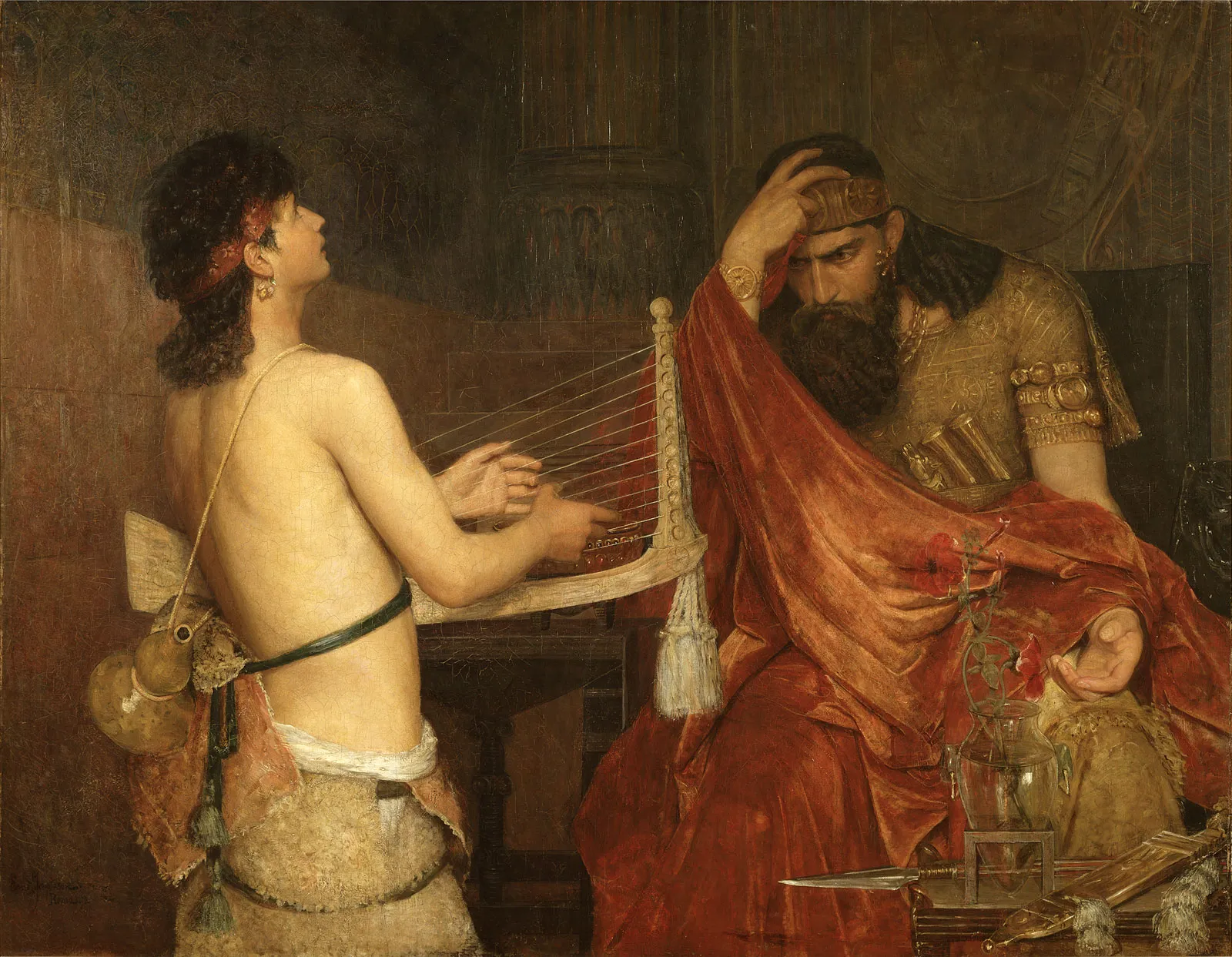
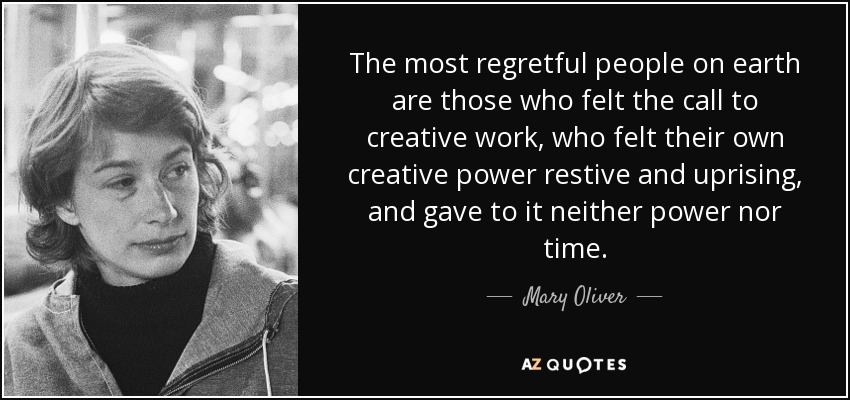
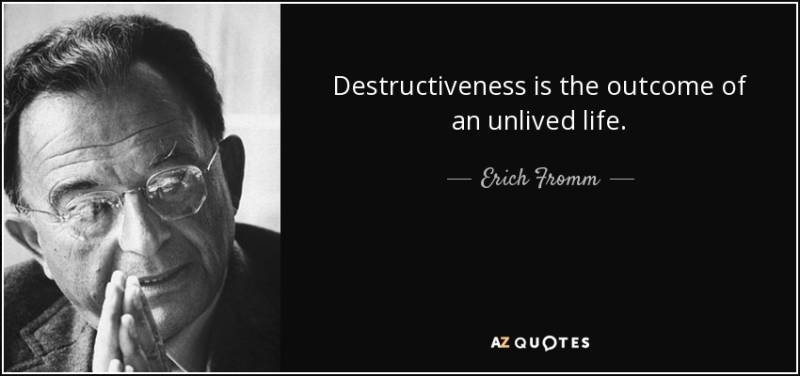

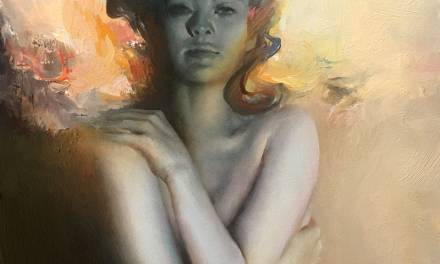
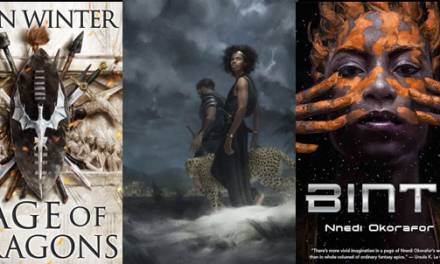
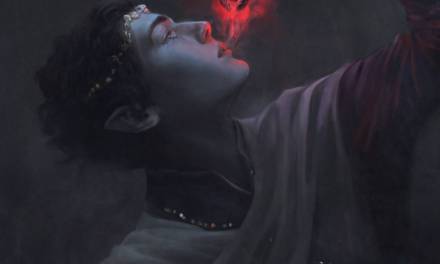
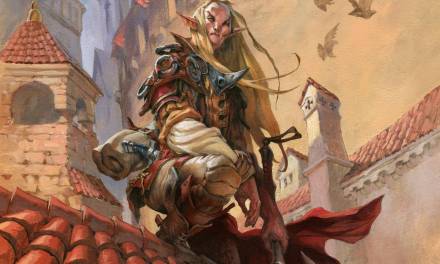
Really amazing post, Lauren. So true!
I think you nailed it with this article. It’s a conversation I’ve had on many an online message board. The outright hostility has always struck me odd. That coupled with the vehement defense, that creating prompts is a legitimate form of creativity. As though they’re playing a larger role than just a client designating direction. I try not to engage but it’s confused me. I think you’ve nailed it though. It’s a dream unlived. A desired path untaken. Now they have the opportunity to skip the work and position themselves in the same spaces they’ve wanted to belong for years, only to learn that their AI generated work, rightly, isn’t welcomed. I can see how that would breed bitterness towards the people that occupy those spaces. Without the knowledge of just how much work they put into getting there.
Wow, thanks for the insight!
” that pesky myth that an artist must starve, must suffer, must be partially insane to make good art. That that’s the price we pay for creativity”.
Because they are deadset on having us entertain them for free and all the time. They belive ai will scratch their itch to be entertained but instead will more likely shorten their attention span even further.
I’m not sure if we can post links without getting caught in the spam trap, so I suggest people do a search on “Jenny Trout worst person” and read the epic story “The Worst Person I Ever Met.” In part 2, she talks about selling her first book to Harlequin and the worst person passive-aggressively congratulates her while never letting her forget that it’s “only” Harlequin. I immediately thought of this when I read this essay.